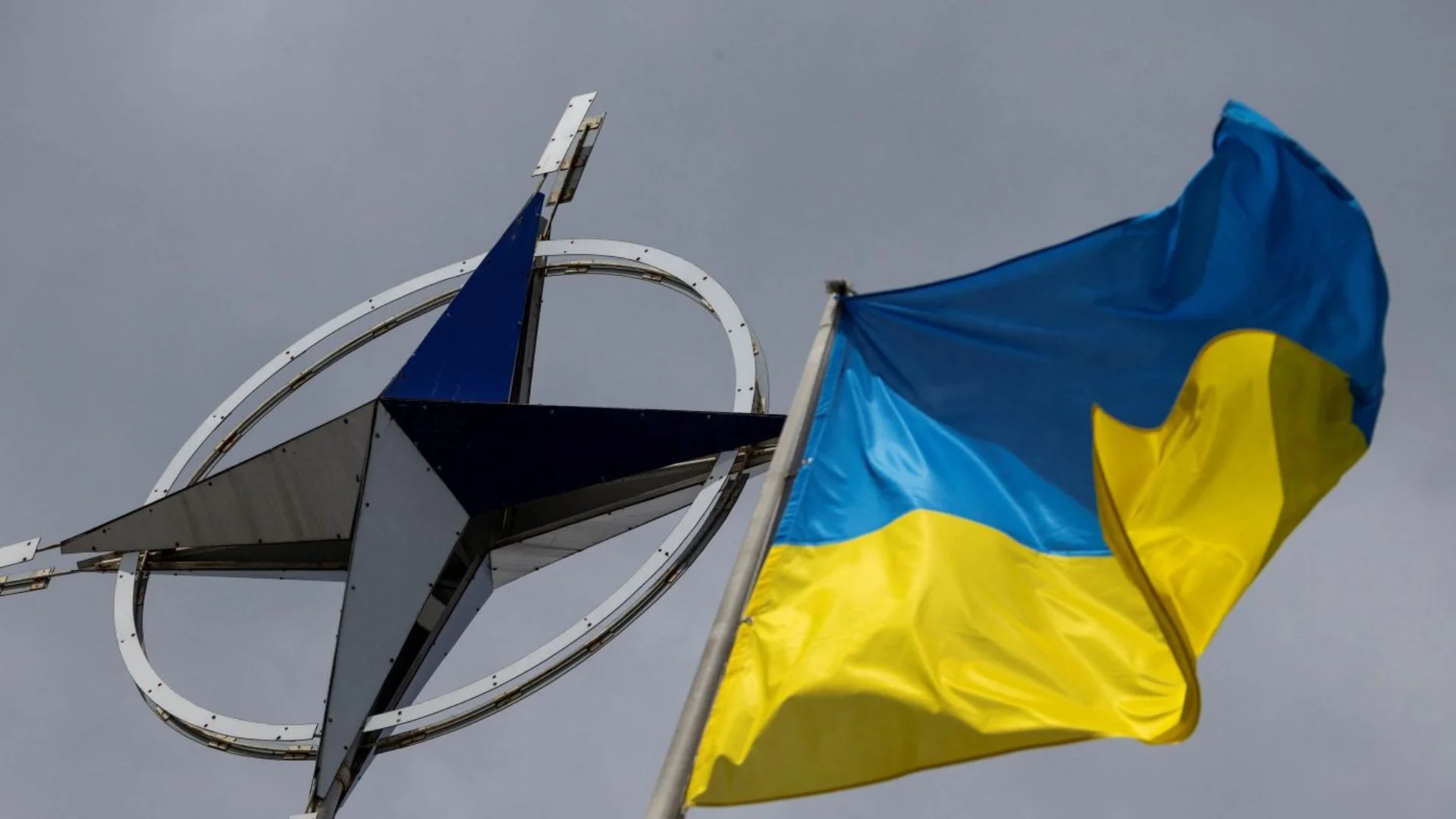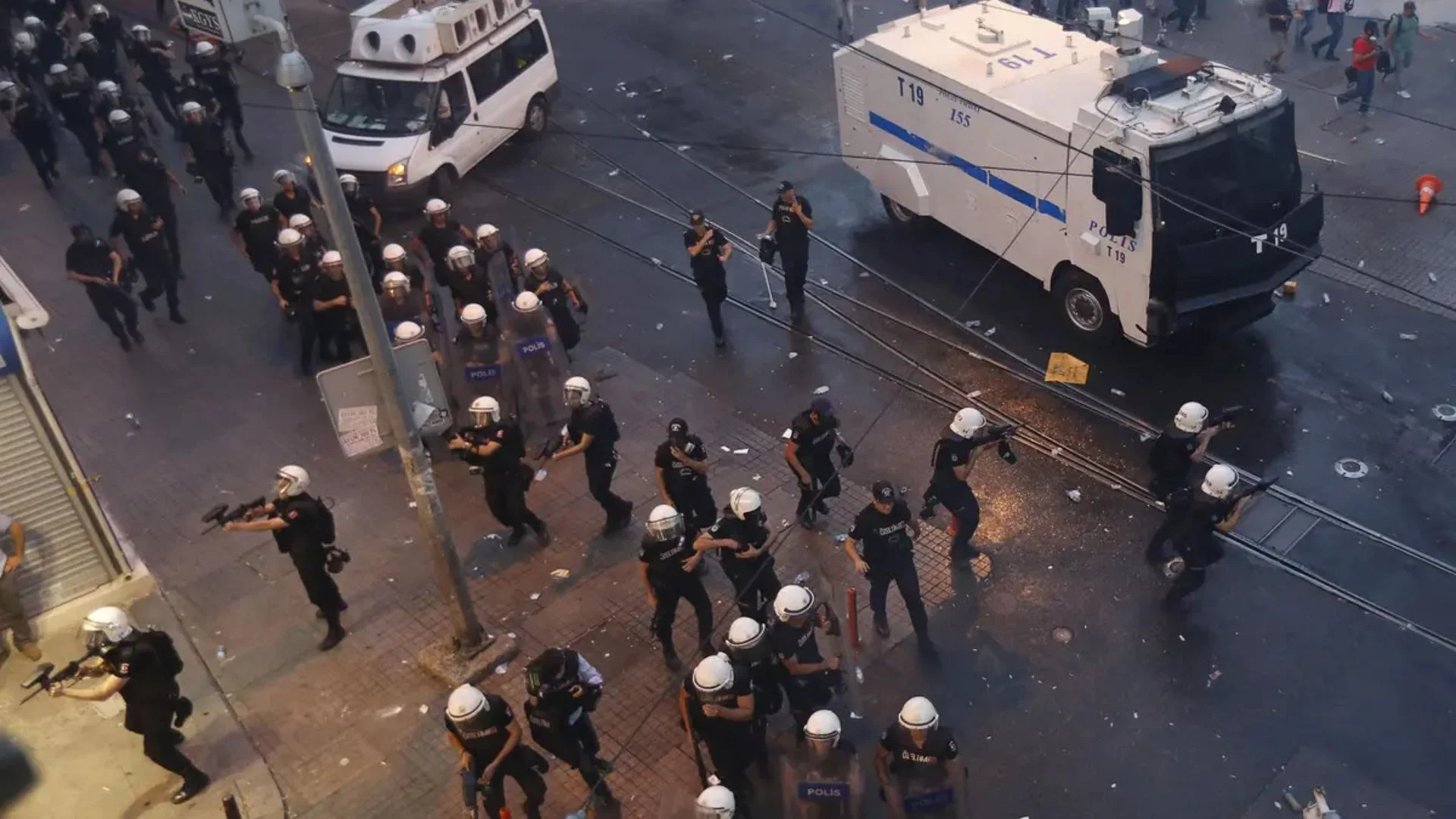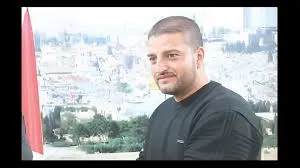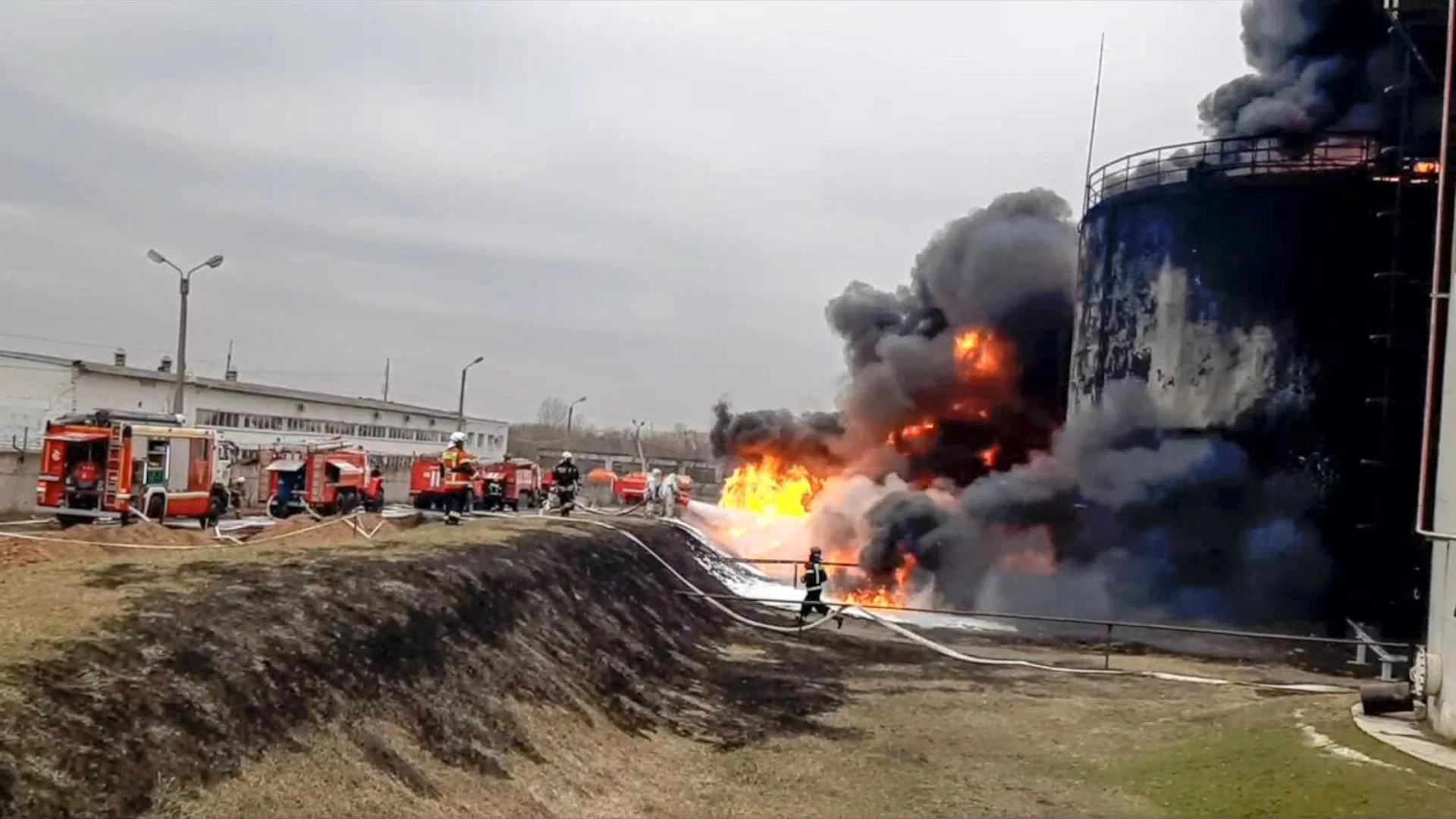According to a recent investigation, senior Ukrainian military officers supposedly orchestrated the Nord Stream pipeline explosions during a night of heavy drinking. The September 2022 blasts, which severely damaged three of the four pipelines under the Baltic Sea, have been a source of intense speculation and controversy. The pipelines had become a symbol of Germany’s dependency on Russian energy amid the ongoing conflict between Russia and Ukraine.
Details of the Operation
The Wall Street Journal reports that the sabotage was carried out using a single yacht, a small crew, rudimentary diving gear, and basic explosives. Sources claim that the plan, initially approved by Ukrainian President Volodymyr Zelensky, was ultimately executed after Zelensky reportedly backed out, with General Valery Zaluzhny allegedly instructing the team to proceed.
Reactions and Denials
Ukraine’s presidential office dismissed the WSJ’s investigation as “absolute nonsense.” Ukrainian officials, including adviser Mykhailo Podolyak, have vehemently denied involvement, suggesting that Russia was responsible due to its extensive resources. German officials have expressed concern, noting that such an act could trigger NATO’s collective defense clause.
International Impact and Investigation
Global investigations have been inconclusive, with Sweden and Denmark’s probes closed in February 2024 without identifying suspects. The Swedish investigation confirmed traces of explosives at the site, reinforcing that the explosions were deliberate. Germany has issued an arrest warrant for a Ukrainian suspect, but he has since left Poland, complicating efforts to apprehend him.
Ongoing Support for Ukraine
Despite the troubling allegations, German government officials have emphasized that their support for Ukraine in its conflict with Russia remains unchanged. German Foreign Minister Wolfgang Buechner confirmed that investigations would not affect Germany’s commitment to aiding Ukraine against Russia’s aggression.









